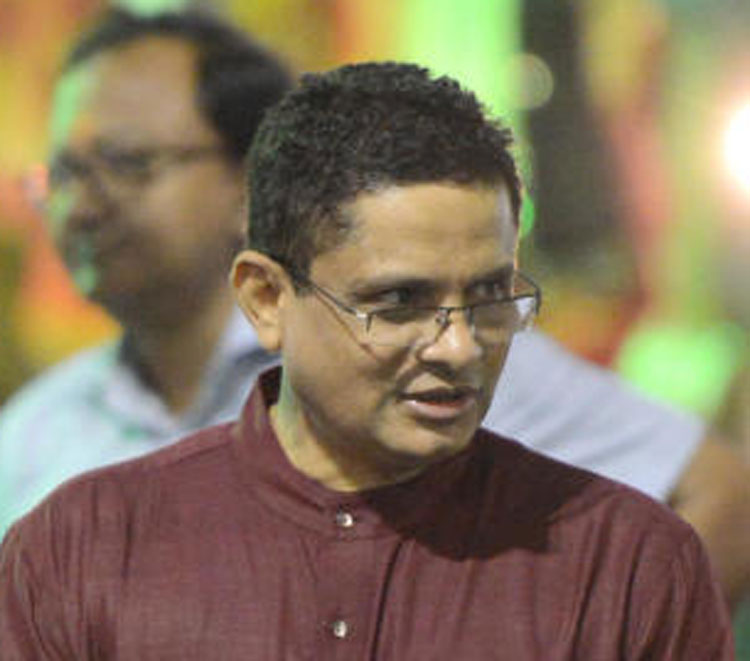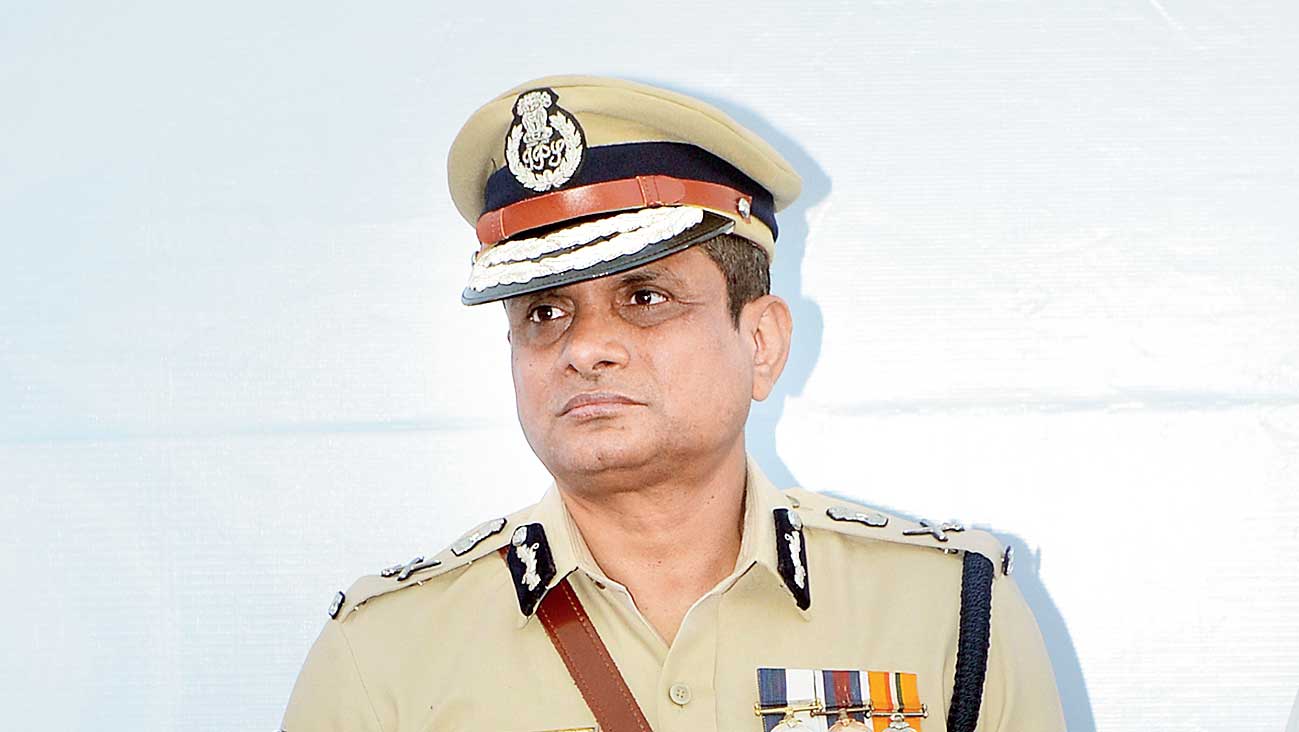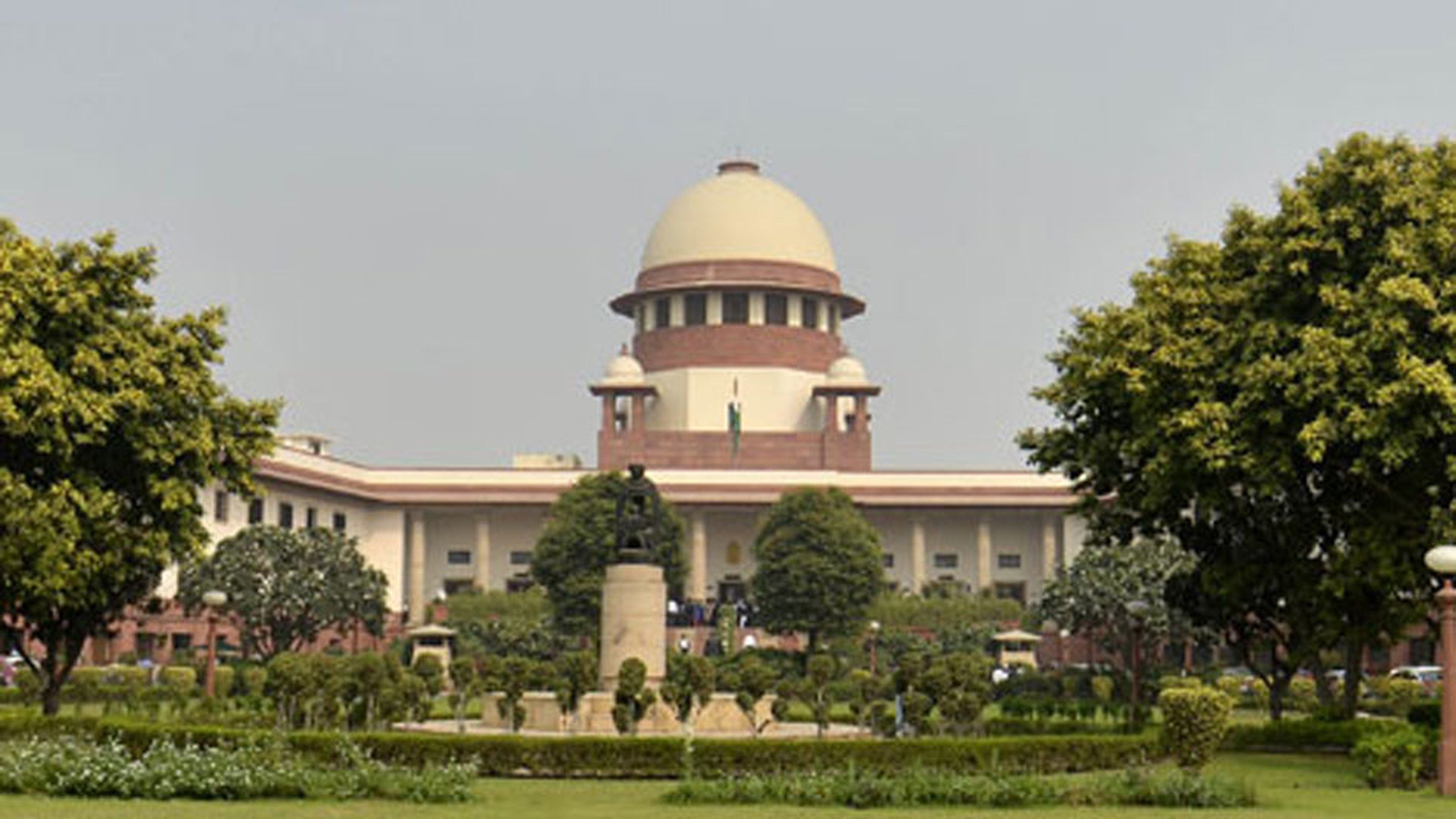The Supreme Court on Monday sought the response of former Calcutta police commissioner Rajeev Kumar on the CBI’s plea for his arrest in the Saradha scam.
The court had on February 5 granted protection from arrest to Kumar while directing him to appear before the CBI in connection with the investigation into the scam.
The CBI has sought vacation of the order so that it can arrest and interrogate Kumar.
“This is the interim application (IA) of the CBI seeking custodial interrogation of Rajeev Kumar. Issue notice. Let the matter be listed for hearing on April 15,” said a bench of Chief Justice Ranjan Gogoi and Justices Deepak Gupta and Sanjiv Khanna.
The bench also allowed the CBI to file a fresh affidavit regarding its allegations that telecom operators — Vodafone and Airtel — were not cooperating with it in the probe.
Senior advocate Mukul Rohatgi, appearing for Vodafone, said it had provided the details including the CDRs (call data records) to the CBI and sought the hearing after three weeks. The bench has now posted this aspect after two weeks.
At the outset, senior advocate A.M. Singhvi, appearing for the former Calcutta police chief, said the CBI’s plea must be settled or approved by the CBI director as he had no faith in M. Nageswara Rao, former interim CBI director, whose wife was being probed by the Bengal police in a 2017 case.
“Let us not digress from the real issue. You are taking excuses. The CBI is seeking your arrest. Don’t go here and there,” the bench said.
Singhvi then said he was not aware of listing of the CBI’s plea, seeking the arrest of Kumar, on Monday.
“This (CBI’s IA) is very much there. It is listed today. If you do not know this, what can I do,” the bench said and it prompted Singhvi to tender an apology.
In its plea to the court, the agency has said the recall of the order granting Kumar the interim protection from the arrest was necessary “to unravel the entire gamut of the larger conspiracy in the ponzi scam cases”. The CBI also sought directions to the Bengal authorities to comply with the court’s earlier orders “in letter and spirit”.













